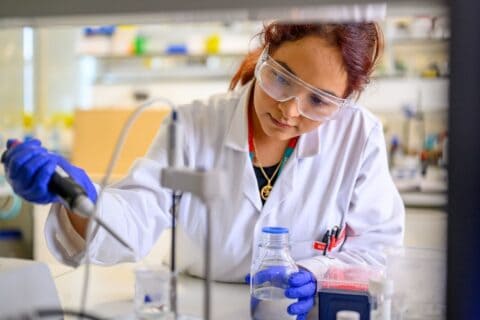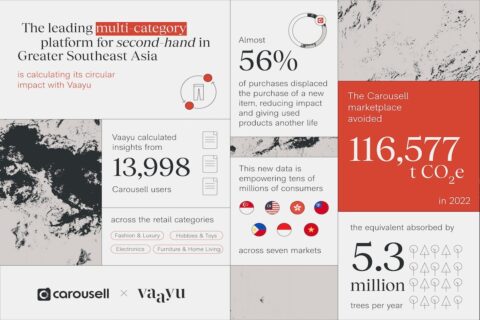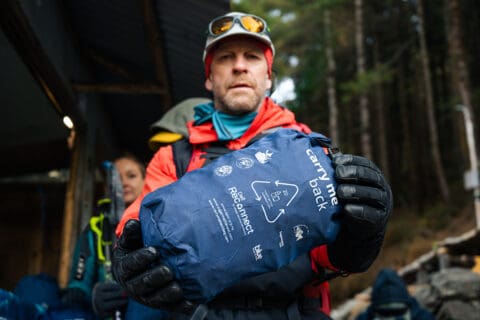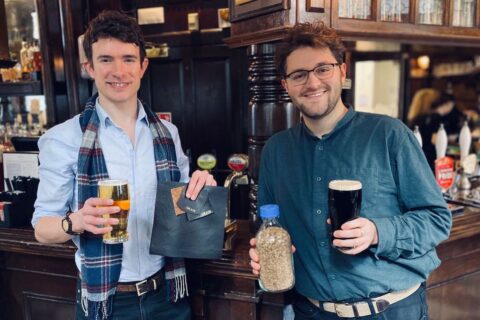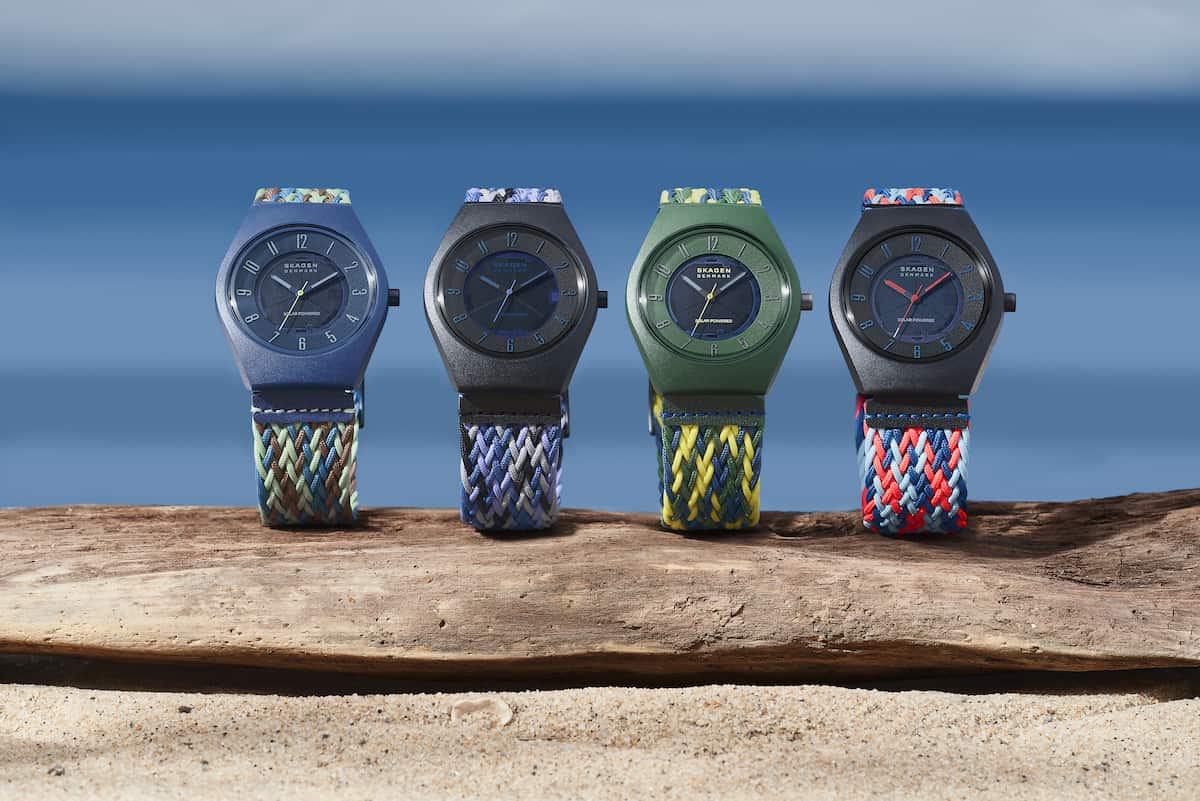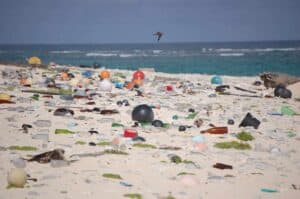
With Amazon set to announce soaring sales in its quarterly earnings next week (23 July), a new survey, commissioned by Oceana, the world’s largest international ocean conservation organisation, reveals customers of the online retailer in the UK, US and Canada are overwhelmingly concerned about plastic packaging, and want plastic-free choices. In response to these findings and the growing ocean plastic pollution crisis, Oceana has launched a campaign calling on Amazon to offer its customers plastic-free packaging choices. Already, over 500,000 people have signed the petition.
Public opinion research sponsored by Oceana shows Amazon customers are buying more online due to the COVID-19 global pandemic, are overwhelmingly concerned about plastic pollution and its impact on the oceans, and want major online retailers including Amazon to give them plastic-free packaging choices.
UK customers are by far the most in favour of a plastic-free check-out option (81%), with half of them willing to shop elsewhere to be given a plastic-free option (52%).
The message from customers is unmistakable, says, Matt Littlejohn, Senior Vice President of Oceana:
“Jeff Bezos and Amazon say they are ‘obsessed’ with meeting the needs of their customers. It’s clear from the results of our survey that what Amazon customers want is for the company to do the right thing and offer plastic-free options at checkout.
“This is a company led by a CEO who is investing in space exploration and that is testing using drones to deliver stuff to our houses. They surely have the ability to figure out how to offer plastic-free alternatives.”
Amazon has a proven track record of supporting innovation, setting targets and achieving goals around sustainability.
Amazon’s packaging and materials lab have created lightweight plastic-free packaging, including a new mailer that the company reports has been used 100 million times. The company is known for its innovation in logistics and delivery technology and has made commitments to protect the environment, including a pledge to be zero carbon by 2040. Further, Amazon recently announced it eliminated non-recyclable plastic in packaging across its Fulfilment Centers in India.
Addressing the plastic problem is doable, noted former Amazon executive and consultant Rachel Johnson Greer:
“Amazon has the technical ability, with its fulfillment centers, to offer plastic-free alternatives to its customers, reduce plastic and help protect the oceans and environment. It is really a question of will.”
Survey results and statistics for the UK
In total, YouGov polled a representative sample of 2,202 adults in the UK on behalf of Oceana and found that for the Amazon UK customers surveyed:
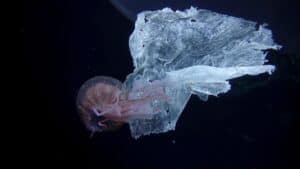
- 94% were concerned or very concerned about plastic pollution and its impact on the oceans and the environment;
- 89% said they either strongly or somewhat agreed with the statement: I would use a plastic-free choice / alternative packaging if offered;
- 52% said they would be willing to part ways to shop at online retailers offering plastic free packaging;
- 61% strongly or somewhat agreed with the statement: The coronavirus (COVID-19) outbreak has forced me to shop online more than I did before the virus; and
- 56% strongly or somewhat agreed with the statement: I’m bothered by all the extra plastic packing I am now receiving due to increased online shopping because of the coronavirus (COVID-19) outbreak.
The concern and support were even higher among those who report being Amazon UK Prime members with 95% of this group expressing concern about plastic pollution and 89% agreeing that they would use a plastic-free choice or alternative packaging if offered. Oceana also sponsored surveys of consumers in the United States (with YouGov) and in Canada (with Abacus Data) that showed similar concern about plastic pollution and support for plastic-free choices.
Sign the PlasticFreeChoice petition!
Oceana is calling on online shoppers and ocean activists to ask Amazon for plastic-free options at checkout by adding their names to a PlasticFreeChoice petition created on Change.org by supporter Nicole Delma. Over 500,000 people have already added their name to the petition.
Both the survey findings and the petition support are strongly aligned on the issue, said Ms Delma.
“The survey echoes what I’ve heard from so many other Amazon customers who have signed the petition. People want to be able to buy from Amazon and avoid plastic. It makes them feel terrible when that package they’ve been anxiously waiting for arrives stuffed with plastic.”
In 2019, according to news accounts, Amazon shipped approximately 7 billion packages worldwide – which would be equivalent to nearly one package for every person living on earth. These packages are often packaged with plastic, which can end up in the oceans and devastate marine life.
We already know the numbers for the impact of plastic in the marine environment, added Matt Littlejohn.
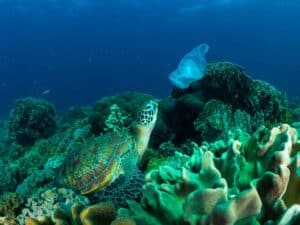
“Plastic is a major source of pollution for the world’s oceans, with 17.6 billion pounds entering the sea every year – the equivalent of a garbage truck worth dumped into the ocean every minute. Studies have found that 90% of all seabird species and 100% of all sea turtles investigated have ingested plastic. Only 9% of all plastic ever produced has been recycled.”
The survey by Oceana is a clear reminder that – given the boom in online sales brought on by COVID-19 – online retailers have an increased responsibility to offer sustainable packaging options. The problem of sustainable packaging is not going to go away, and the need for change is now.
Oceana is the largest international advocacy organisation dedicated solely to ocean conservation. Oceana is rebuilding abundant and biodiverse oceans by winning science-based policies in countries that control one-third of the world’s wild fish catch. With more than 225 victories that stop overfishing, habitat destruction, pollution, and the killing of threatened species like turtles and sharks, Oceana’s campaigns are delivering results. A restored ocean means that 1 billion people can enjoy a healthy seafood meal, every day, forever.
Further Reading:
- View and sign the petition at Change.org/PlasticFreeChoice.
- Find out about Oceana’s campaign to reduce plastics and view UK, US and Canada Factsheets here.
>>> Do you have sustainability news to broadcast and share? If you would like to see it featured here on SustMeme, please use these Contact details to get in touch and send us your Press Release for editorial consideration. Thanks.

